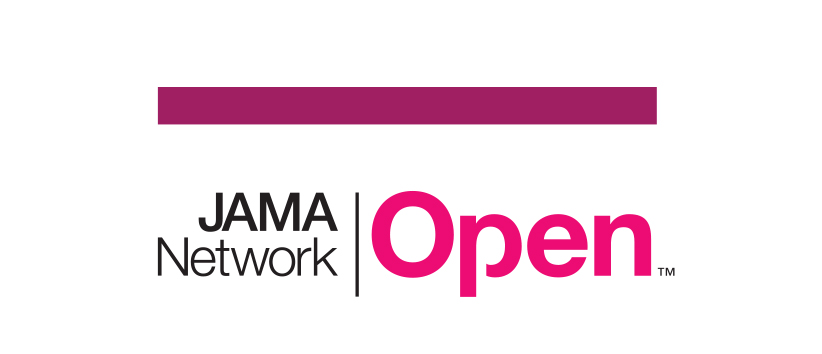Nagakura KI, Sato S, Shinahara W et al. JAMA Netw Open. 2023 Jul 3;6(7):e2322318. doi: 10.1001/jamanetworkopen.2023.22318.
Key Points
Question: Does maternal intake of hen’s eggs at birth affect the risk of immunoglobulin E–mediated egg allergy in infants aged 12 months?
Findings: In this randomized clinical trial involving 380 breastfed infants whose parents had an allergic disease, maternal consumption of 1 whole egg per day during the first 5 days after delivery did not affect egg allergy development and sensitization to egg white in the infants compared with complete egg avoidance by the mothers during the same period. No adverse effects were observed.
Meaning: The findings of this randomized clinical trial indicate that egg allergy development is unaffected by maternal egg consumption during the very early neonatal period.
Abstract
Importance: Egg introduction in infants at age 4 to 6 months is associated with a lower risk of immunoglobulin E–mediated egg allergy (EA). However, whether their risk of EA at age 12 months is affected by maternal intake of eggs at birth is unknown.
Objective: To determine the effect of maternal egg intake during the early neonatal period (0-5 days) on the development of EA in breastfed infants at age 12 months.
Design, Setting, and Participants: This multicenter, single-blind (outcome data evaluators), randomized clinical trial was conducted from December 18, 2017, to May 31, 2021, at 10 medical facilities in Japan. Newborns with at least 1 of 2 parents having an allergic disease were included. Neonates whose mothers had EA or were unable to consume breast milk after the age of 2 days were excluded. Data were analyzed on an intention-to-treat basis.
Interventions: Newborns were randomized (1:1) to a maternal egg consumption (MEC) group, wherein the mothers consumed 1 whole egg per day during the first 5 days of the neonate’s life, and a maternal egg elimination (MEE) group, wherein the mothers eliminated eggs from their diet during the same period.
Main Outcomes and Measures: The primary outcome was EA at age 12 months. Egg allergy was defined as sensitization to egg white or ovomucoid plus a positive test result in an oral food challenge or an episode of obvious immediate symptoms after egg ingestion.
Results: Of the 380 newborns included (198 [52.1%] female), 367 (MEC: n = 183; MEE: n = 184) were followed up for 12 months. On days 3 and 4 after delivery, the proportions of neonates with ovalbumin and ovomucoid detection in breast milk were higher in the MEC group than in the MEE group (ovalbumin: 10.7% vs 2.0%; risk ratio [RR], 5.23; 95% CI, 1.56-17.56; ovomucoid: 11.3% vs 2.0%; RR, 5.55; 95% CI, 1.66-18.55). At age 12 months, the MEC and MEE groups did not differ significantly in EA (9.3% vs 7.6%; RR, 1.22; 95% CI, 0.62-2.40) or sensitization to egg white (62.8% vs 58.7%; RR, 1.07; 95% CI, 0.91-1.26). No adverse effects were reported.
Conclusions and Relevance: In this randomized clinical trial, EA development and sensitization to eggs were unaffected by MEC during the early neonatal period.


No comments:
Post a Comment